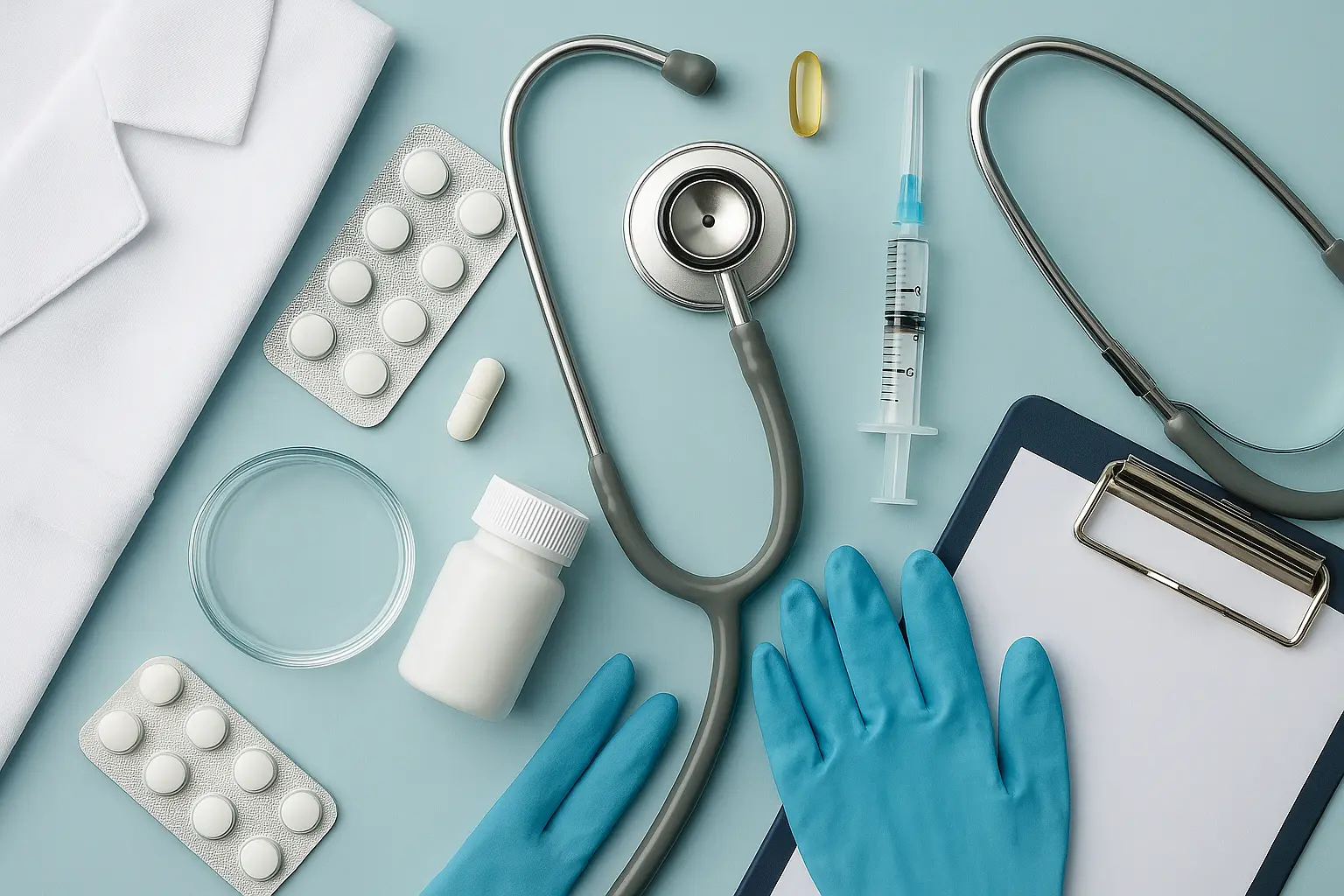ISO 18362 Good Manufacturing Practice for Medicinal Products Certification
The ISO 18362 certification is a cornerstone in ensuring that pharmaceutical and medical product manufacturers adhere to the highest standards of quality, safety, and efficacy. This certification sets forth comprehensive guidelines aimed at reducing risks associated with medicinal products from raw materials through finished goods. Compliance with these standards not only ensures consistent product quality but also enhances patient safety by minimizing the potential for harmful contaminants or ineffective formulations.
ISO 18362 establishes a framework that encompasses all stages of production, from sourcing and manufacturing processes to packaging and distribution. It mandates rigorous controls over raw material procurement, in-process monitoring, final product testing, and documentation management. The certification process involves internal audits conducted by trained personnel followed by external assessments performed by accredited bodies. These assessments verify adherence to the specified criteria set forth in ISO 18362.
One of the key aspects emphasized under this standard is risk assessment. This includes evaluating potential hazards throughout every step of production, storage, and handling. By identifying risks early on, manufacturers can implement mitigation strategies proactively rather than reactively after incidents occur. Risk assessments must cover various scenarios such as equipment malfunctions, environmental factors, human errors, and quality control failures.
Another critical component is change management. Any alterations in procedures or materials require thorough evaluation before implementation to ensure they do not introduce new risks into the manufacturing process. Changes should be documented meticulously along with their rationale, impact analysis, approval records, and implementation timelines. Regular reviews of these documents help maintain up-to-date knowledge regarding current practices while allowing for continuous improvement opportunities.
Compliance with ISO 18362 also extends beyond just manufacturing facilities; it encompasses supply chain partners as well. This means that all suppliers must meet the same rigorous standards when delivering raw materials or components used in production. Suppliers are required to provide evidence demonstrating their capability to deliver consistent quality products meeting specified requirements. Through collaboration with trusted vendors who share similar values around quality and safety, organizations can build robust networks capable of sustaining reliable performance over time.
The importance of ongoing training cannot be overstated either; employees responsible for executing various tasks related to manufacturing must receive regular education about best practices aligned with ISO 18362. This ensures everyone understands their roles clearly and remains vigilant against lapses in judgment or procedural deviations that could compromise product integrity.
Organizations seeking certification under ISO 18362 undergo a rigorous evaluation process which includes both internal reviews by qualified staff members as well as external inspections carried out by independent auditors. During these evaluations, all aspects of the manufacturing operation are scrutinized to confirm compliance with established criteria. Successful completion leads to recognition of adherence to good manufacturing practices (GMP) standards specific to medicinal products.
Obtaining this certification not only enhances reputation among stakeholders but also provides tangible benefits in terms of improved operational efficiency, reduced risks, enhanced product quality, and increased customer confidence. For organizations committed to delivering safe, effective medicines and medical devices, achieving ISO 18362 compliance is essential for maintaining industry leadership.
Given the stringent requirements outlined within this standard, it's crucial that manufacturers invest in robust systems and processes designed specifically to meet these expectations. By doing so, they demonstrate their commitment to excellence and contribute significantly towards safeguarding public health worldwide.
Applied Standards
The application of ISO 18362 primarily revolves around ensuring that all activities involved in the manufacturing of medicinal products follow strict guidelines aimed at maintaining high levels of quality, safety, and efficacy. This involves implementing various procedures across different phases of production, including:
- Raw material procurement: Ensuring suppliers meet stringent criteria related to purity, potency, stability, and absence of contaminants.
- In-process controls: Continuous monitoring during manufacturing processes to detect any deviations from expected outcomes promptly.
- Final product testing: Rigorous evaluation of completed batches to confirm they comply with predetermined specifications.
- Documentation management: Maintaining thorough records throughout the entire production cycle for traceability purposes.
The standard also emphasizes risk assessment and mitigation strategies aimed at identifying potential hazards early in the process. By addressing these issues proactively, organizations can minimize risks associated with non-compliance or substandard products reaching consumers.
Customer Impact and Satisfaction
The implementation of ISO 18362 has a profound impact on customer satisfaction by fostering trust between manufacturers and end-users. By adhering to strict quality control measures, pharmaceutical companies can provide customers with confidence that they are receiving products that meet stringent safety standards.
For regulatory authorities, compliance with this standard ensures consistent enforcement of rules governing medicinal product manufacturing across borders. This harmonization promotes fair competition within the industry and helps protect public health globally.
In addition to enhancing reputation among stakeholders, obtaining ISO 18362 certification also provides numerous practical advantages for organizations operating in the pharmaceutical sector:
- Improved operational efficiency through standardized procedures
- Reduced risks due to proactive identification and mitigation of potential issues
- Enhanced product quality resulting from meticulous attention to detail throughout production
- Increased customer confidence leading to higher sales volumes and market share growth
Environmental and Sustainability Contributions
The principles embedded within ISO 18362 extend beyond mere compliance with regulatory requirements; they encourage sustainable practices that benefit both the environment and society at large. Here are some ways in which adhering to this standard contributes positively towards environmental stewardship:
- Minimizing waste generation through efficient use of resources
- Reducing energy consumption by optimizing processes
- Promoting recycling and reutilization wherever possible
- Implementing measures to reduce emissions during manufacturing operations
Beyond these immediate benefits, embracing sustainable practices aligns with broader corporate social responsibility initiatives aimed at creating a more resilient planet for future generations. By integrating environmental considerations into everyday business decisions, pharmaceutical companies demonstrate their dedication to long-term sustainability.





